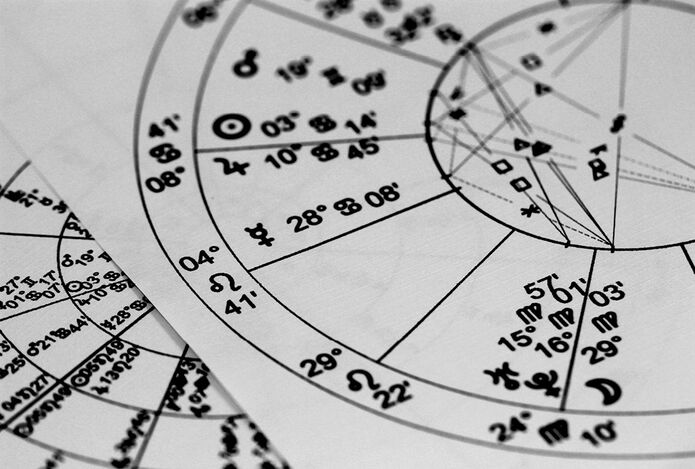When it comes to what you see at esoteric fairs these days, most goths are not interested. There are always exceptions, but the majority don't believe in water with memory power or cake trays that keep away ominous rays. The Goth scene doesn't come together over religion, so it forms a cross-section of society when it comes to religion. Of course, there are also Goths who assume that one can look into the future with cards, coffee grounds or stargazing, but the fascination with the unfathomable is awakened elsewhere in the "black soul".
Taking the occultism that emerged in the late 19th and early 20th centuries, the Goth scene becomes bright. Especially esoteric occultism, which is particularly concerned with a "secret knowledge" of certain groups, arouses interest. The writings of Éliphas Lévi, the history and stories surrounding the medium Helena Blavatsky and the Theosophical Society, the Rosicrucians, the occult work of Papus, the sexual-magical teachings of Aleister Crowley: all this is readily considered and explored in the black scene.
The artists on stage also embrace the occult elements. For example, Rosa Crux in the Dark Ritual genre also use esoteric formulas in Latin for their song lyrics. The mystical stage design underlines the occult mood.


